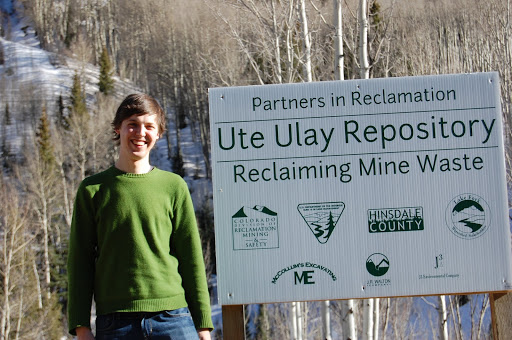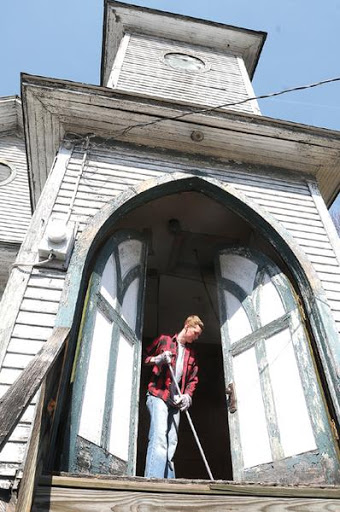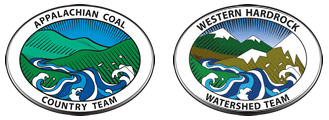Based on the work of
Upper Guyandotte Watershed Association
Southern West Virginia
Watershed groups and faith-based organizations share similar values when it comes to serving others and being a good steward of the Earth. Upper Guyandotte Watershed Association (UGWA) plans environmental and community improvement projects for visiting faith-based volunteer teams in conjunction with the Rural Appalachian Improvement League—a local organization who has the facilities to host the teams. Church groups that are able to travel to an area to engage in volunteer work can be an excellent resource to that group, often visiting several times throughout the year after a solid partnership is established.

Tested by
Lake Fork Valley Conservancy
Western Colorado
Lake Fork Valley Conservancy (LFVC) decided to build partnerships with church groups due to difficulty getting volunteers for planned events. LFVC had never previously reached out to religious groups in an attempt to recruit new volunteers. LFVC decided to approach the nearby Redcloud Christian Camp and Retreat Center to recruit a younger crowd for LFVC events from Redcloud’s employee pool. LFVC’s OSM/VISTA gave a presentation at Redcloud on the history of the local Ute-Ulay mine site and informed them about upcoming LFVC events, including a tree planting the next month. The most enthusiastic potential volunteers were the Camp Redcloud employees between the ages of 18 and 25. This was a challenge, however, because the workers could only volunteer on Saturdays and LFVC’s upcoming tree planting took place during the week. LFVC held two successful tree plantings during the trial practice period. The first planting was aided by a family of six who were successfully recruited from Camp Redcloud. However, no one from the camp participated in the second tree planting. Camp Redcloud conducts public school retreats in the fall that focus on outdoor education. LFVC hopes to train Redcloud employees in local watershed issues.
Tested by
Friends of Russell Fork
Southwest Virginia
Friends of the Russell Fork (FORF) has difficulty recruiting the large numbers of volunteers needed to complete volunteer projects from the small local population of about 300 people in Haysi, VA. Because of these challenges, they have begun looking beyond town limits. Based on the number of local families in need of home repairs and the limited number of local volunteers available to do that type of work, FORF decided to contact faith-based mission teams that visit areas to do service projects. FORF has been in regular contact with an Asheville, North Carolina-based organization called ReCreation Experiences, a program whose mission is to share their faith through home repair. ReCreation Experiences would bring in a home repair crew of about 100-120 people for two weeks at two different times during the summer. The main requirement for the host area is finding a place for the volunteers to stay with access to a kitchen. Other than housing, there is no cost to host a volunteer crew. Volunteers pay a fee to participate that covers the cost of supplies and they have their own tools. This is a huge advantage for rural organizations with limited resources. FORF is now tasked with identifying homes in need of repair, working with homeowners, and locating housing for visiting volunteers.

“The people who work for these sorts of religious camps are often very enthusiastic about the outdoors. I would encourage any watershed group who needs volunteers to reach out to these groups… You may run into limitations as far as potential volunteer time. If the pieces fall into place though, you may find an enthusiastic, organized group of volunteers right under your nose.”
-Lake Fork Valley Conservancy
